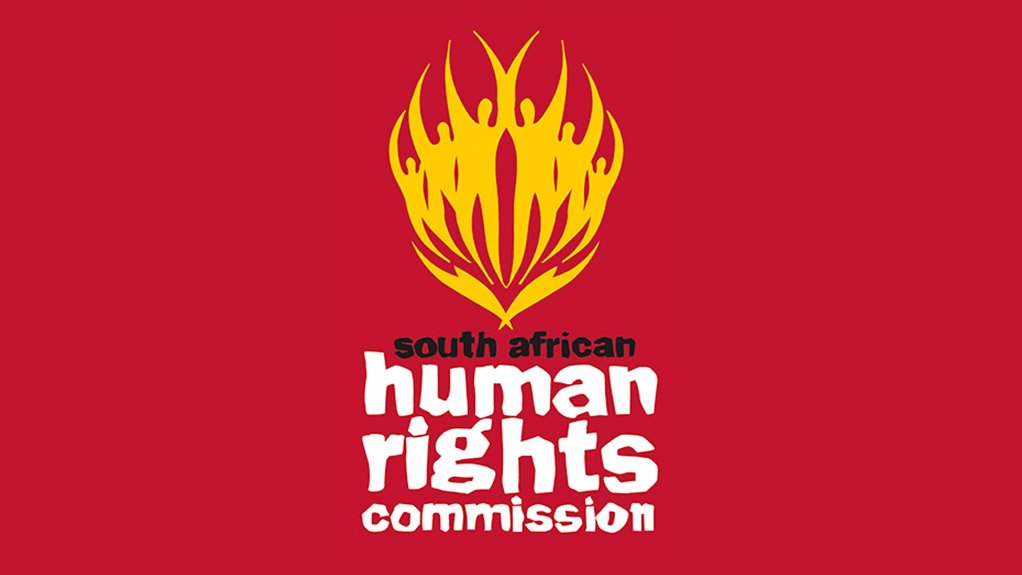The South African Human Rights Commission (SAHRC) in Mpumalanga on Monday said it had determined that some municipalities were violating sections 24(a) and 10 of the Constitution owing to a continued failure to effectively address the challenges of sewage spillages and the inadequate treatment of effluent within their jurisdictions.
The commission investigated the Nkomazi, Lekwa and Govan Mbeki local municipalities following widespread complaints around sewage spillages and wastewater treatment challenges.
“In the complaints received, it was alleged that the sewage spillages and/or the inadequate treatment of wastewater by the abovementioned municipalities violated the affected communities’ right to an environment that is not harmful to health and wellbeing,” the SAHRC said in a statement.
The lengthy investigation included corresponding with all the relevant parties, site inspections and investigative inquiries.
The final investigative report also found that the municipalities were in breach of their obligations in terms of Section 19 of the National Water Act and Section 28 of the National Environmental Management Act as a result of their failure to prevent and remedy the effects of environmental pollution in the course of providing sanitation services to their residents.
“Nkomazi and Lekwa local municipalities are also in breach of their obligations in terms of Section 9 of the National Standards and Measures to Conserve Water by continuing to accept more sewage waste into their sewer systems than the sewage treatment plants linked to those systems are capable of purifying or treating to the required standard,” the SAHRC continued.
Among the possible causes of these challenges, the SAHRC pointed to a constrained capacity of existing sewer systems; a lack of pre-emptive and routine maintenance of the sewer systems; inadequate monitoring and evaluation of project delivery and a lack of accountability for the poor workmanship in the installation of the sewer network in the jurisdiction of the respective municipalities; and inadequate security measures to safeguard sewage infrastructure.
Various directives and recommendations put forth by the commission included calling on the provincial government to comply with its constitutional obligation to support and strengthen the capacity of the municipalities to enable them to manage their own affairs and perform their functions.
“The commission has also called for the criminal investigation of the complaints against the cited municipalities, as environmental pollution is not only a violation of a right, but a criminal offence in terms of the various environmental legislation,” it continued.
“Moreover, the commission has called for strict enforcement of the polluter pays principle against all environmental polluters, including State institutions and functionaries.”
The commission will continue to monitor compliance with its report directives.
EMAIL THIS ARTICLE SAVE THIS ARTICLE ARTICLE ENQUIRY
To subscribe email subscriptions@creamermedia.co.za or click here
To advertise email advertising@creamermedia.co.za or click here











